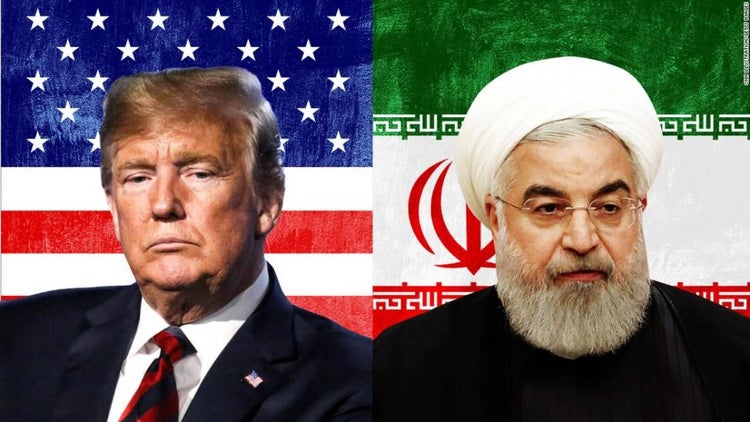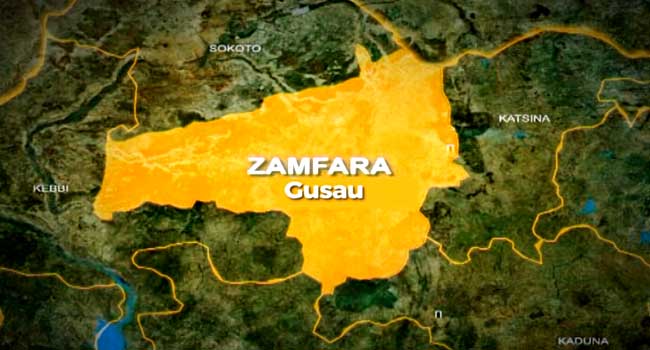AfCFTA: Presidential Committee to submit report January 2019

The Presidential Steering Committee on the African Continental Free Trade Area (AfCFTA) Impact and Readiness Assessment will present its recommendations to President Muhammadu Buhari in January 2019.
In a statement on Wednesday, Senior Special Assistant to the President on Media and Publicity, Mallam Garba Shehu, said Nigeria was yet to sign the AfCFTA agreement, which seeks to remove all forms of restrictions to trade and investment flows within the African continent.

However, the country, he said, has launched a nationwide stakeholder consultation with the purpose of reflecting a wide range of views in the technical instruments
“It would be recalled that on October 22, 2018 while inaugurating the Committee at the Presidential Villa, President Buhari had charged it to assess the extent to which Nigeria is ready to join the agreement, and what the impact of doing so would be.
“The Committee, which was given 12 weeks to conclude its assignment, has held wide consultations with industry groups and stakeholders, including the Manufacturers Association of Nigeria (MAN).
“While opinion is still divided in Nigeria on the merits and demerits as well as the timing of joining the AfCFTA, the committee has commissioned a study to shed more light on the public debate on the issue in the aftermath of a recent report published by MAN.
“The report by MAN, among others, notes that if Nigeria ratifies the agreement import surges will range from 27.6% for textile, apparel and footwear sub-sector to 180.7% for chemical and pharmaceutical products during the 3 phases of liberalizing tariff lines with 5% tariff rates.
“According to MAN, in contrast, the import surge will be as high as over 2000% in motor vehicle assembly sub-sector over 15 years when 10% tariff rates are liberalised. This will instantly spell doom for the automotive aspect of Nigeria’s National Industrial Revolution Plan (NIRP).
“The MAN study also shows differing output, employment and investment effects across manufacturing sub-sectors. For instance, four sub-sectors (Food, beverages and tobacco; wood and wood products; textile, apparel and footwear; and non-metallic) will likely see substantially high rates of increase in imports and import competition coupled with a substantial decrease in output.
“Similarly, major changes in employment can be found in three manufacturing sub-sectors: chemical and pharmaceutical products; textile, apparel and footwear; and non-metallic sub-sectors. Some sectors such as electrical and electronics and wood and wood products will lay off workers.
“The MAN study goes further to show that huge investments are required in chemical and pharmaceutical products and textile, apparel and footwear sectors, while moderate investments are required in electrical and electronics.
“The key message from the MAN study is that despite challenges, Nigeria should go ahead and sign the AfCFTA agreement with an informed mindset, committing itself to engage in negotiations of the AfCFTA, embed itself in the process and ensure that the AfCFTA delivers good results for its manufacturers, especially as it relates to taking benefits of the market access opportunities on the rest of the continent.
“It also offered recommendations on how expected losses can be defrayed for the manufacturers and how policies can be used to deal with expected losses.
“It is noteworthy that the MAN study focuses mainly on “defensive” dimension of trade in goods (i.e. import penetration). It has not given adequate attention to “market access” opportunities (i.e. export penetration) and does not include the analysis of trade in services.
“Therefore, another study has been commissioned recently to address the gaps in the MAN study and is expected to be completed by the end of December 2018.
“Once completed, the study is expected to shed more light on the public debate and add value to the work of the Presidential Steering Committee on the AfCFTA Impact and Readiness Assessment.
“We can recall that in the absence of the above facts, the administration has faced criticism over the failure to sign.
“AfCFTA is designed to be a pan-African free trade area that will create a single market for goods and services. It also aims to liberalise and facilitate the movement of investment and business people across the continent.
“On March 21, 2018, 44 of the 55 African countries signed the AfCFTA agreement in Kigali, Rwanda.
“As at December 2018, 49 countries have already signed the AfCFTA agreement and 13 countries have already ratified it. The agreement will become binding and implementation can begin once 22 states have ratified it.”









